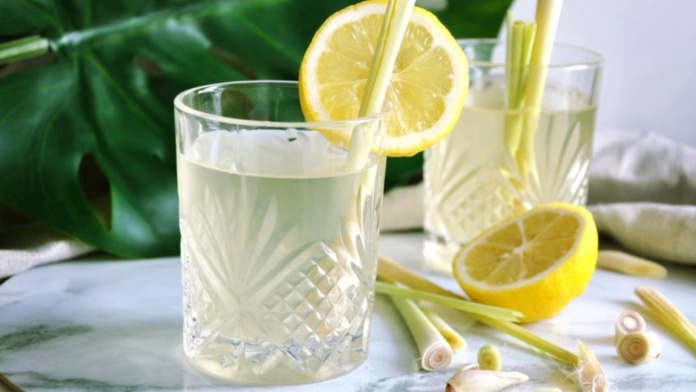Bloating is a common problem that many people experience. It is characterized by discomfort and a nasty feeling of fullness in the stomach area. Bloating can be caused by various factors, such as gas, overeating, constipation, or underlying health conditions. People often complain about bloating, as it can be quite uncomfortable and may affect their daily activities.
Bloating can cause the abdomen to feel tight and distended, leading to discomfort and pain. In some cases, bloating may also be accompanied by other symptoms, such as nausea, vomiting, diarrhea, or constipation. These symptoms can be quite debilitating and may interfere with a person’s quality of life.
Why Do People Experience Bloating?
Gas buildup is a primary cause of bloating. When undigested food reaches the large intestine, bacteria break it down, producing gas as a byproduct. This gas can accumulate in the digestive system, causing bloating, discomfort, and even pain.
Overeating is another common cause of bloating. When we consume large meals, the stomach stretches to accommodate the excess food, leading to a feeling of fullness and discomfort. This can be compounded by eating too quickly or consuming foods that are difficult to digest.
Constipation is also a known cause of bloating. When stool becomes backed up in the colon, it can create a blockage, leading to gas buildup and abdominal distention. This can be exacerbated by a lack of fiber in the diet or not drinking enough water.
Bloating can be a symptom of an underlying health condition, such as irritable bowel syndrome (IBS), celiac disease, or lactose intolerance. These conditions can disrupt the digestive process, leading to bloating, gas, and discomfort.
Drinks That Help With Bloating
While there are many ways to get relief after bloating which includes antacids and sodas, which as we know are not the healthiest options out there, so here are these 7 drinks that can help with bloating!
- Peppermint tea: Peppermint tea is a natural anti-spasmodic, which means it can help relax the muscles in the digestive tract, reducing cramping and bloating. It also promotes the production of bile, which aids in digestion.
- Green tea: Green tea contains catechins, which are antioxidants that can help reduce inflammation in the digestive tract. It also contains caffeine, which can stimulate digestion and help move food through the digestive system more quickly.
- Cucumber drink: Cucumber is a natural diuretic, which means it can help reduce water retention and bloating. You can make a simple cucumber drink by blending cucumber with water and a squeeze of lemon juice.
- Ginger tea: Ginger is a natural anti-inflammatory and can help reduce inflammation in the digestive tract. It also promotes the production of digestive enzymes, which aid in digestion and can reduce bloating.
- Lemon water: Lemon water is a simple but effective way to promote digestion and reduce bloating. Lemon juice stimulates the production of digestive enzymes and helps move food through the digestive system more quickly.
- Watermelon smoothie: Watermelon is high in water content and contains potassium, which can help regulate fluid balance in the body and reduce bloating. You can make a simple watermelon smoothie by blending watermelon with ice and a squeeze of lime juice.
- Herbal water: Herbal water is a great way to stay hydrated and promote digestion. You can infuse water with herbs such as mint, rosemary, or fennel, all of which have digestive properties that can help reduce bloating.
Ways to Prevent Bloating in the First Place
- Eat slowly and chew your food thoroughly: Eating too quickly can cause you to swallow air, which can contribute to bloating. Chewing your food thoroughly can also help break down the food and make it easier to digest.
- Avoid chewing gum and drinking through a straw: Chewing gum and drinking through a straw can cause you to swallow more air, which can contribute to bloating.
- Limit your intake of gas-producing foods: Some foods can produce gas in the digestive system, which can cause bloating. Examples include beans, broccoli, cabbage, onions, and carbonated drinks.
- Stay hydrated: Drinking plenty of water can help prevent constipation, which can contribute to bloating.
- Consider taking probiotics: Probiotics are beneficial bacteria that live in the digestive system and can help promote digestion and reduce bloating. You can take probiotic supplements or eat foods that are high in probiotics, such as yogurt or kefir.





